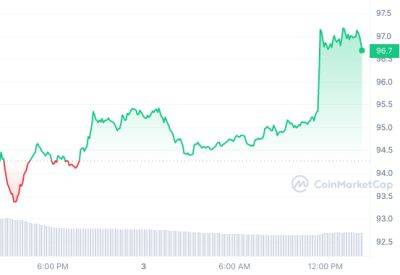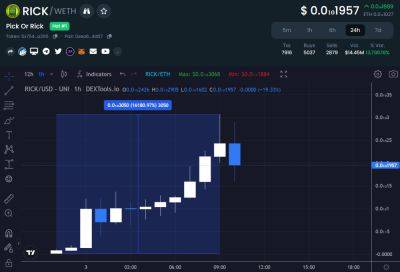Signature Bank failed to understand risks associated with crypto: FDIC chair
Investigations around the collapse of Signature Bank point toward illiquidity circumstances and poor management. However, the Federal Deposit Insurance Corporation (FDIC) chairman, Martin J. Gruenberg, believes that the bank’s failure to understand the risks associated with cryptocurrencies expedited its fall.
Speaking at the hearing on “Oversight of Prudential Regulators,” Gruenberg highlighted the recent failures of Silicon Valley Bank (SVB) and Silvergate Bank, which eventually manifested in large declines in stock prices and subsequent deposit outflows at other banks.
A related report penned down by FDIC Chief Risk Officer cited poor management as “the root cause of Signature Bank’s failure.” While pointing out Signature Bank’s overreliance on uninsured deposits without proper risk controls, Gruenberg added:
Although regulators and banking professionals agree on deposit runs as one of the key drivers of bank collapses, former SVB CEO Greg Becker blamed rising interest rates among the aforementioned factors for its demise.
According to Becker, no bank “could survive a bank run of that velocity and magnitude.” Gruenberg revealed that the failures of SVB and Signature Bank resulted in losses of $16.1 billion and $2.4 billion, respectively. Concluding the discussion, Gruenberg said that banks with assets of $100 billion or more “merit special attention, including consideration of a long-term debt requirement to facilitate orderly resolutions.”
Related: FDIC pins Signature Bank’s failure on poor governance and illiquidity
On the flipside, the United States Government Accountability Office’s (GAO) preliminary review did not explicitly blame crypto exposure for the collapse of Signature Bank.
As previously reported by
Read more on cointelegraph.com














